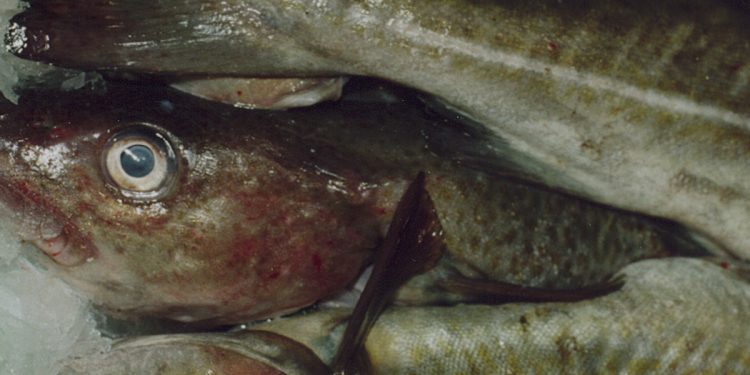Fishermen in Germany are furious at the Eastern Baltic cod fishery closure until the end of the year, and their associations, under Deutscher Fischerei-Verband, have sharply criticised both the decision and the way it has been taken.
‘Because some of the eastern cod population occasionally swim over to the western Baltic, ICES area 24 is also included, which includes most of the Mecklenburg-Vorpommern coast. Exceptions are only available for vessels under 12 metres in length,’ stated an association spekesman, commenting that the Commission is ignoring the latest scientific advice with these extreme measures.
‘Such measures are of practically zero benefit to the rebuilding toe stock, but creates a high risk of businesses collapsing,’ he said, commenting that German fishermen are aware that the Baltic’s eastern cod stock is in poor shape, but with a 66,000 tonne spawning stock it may be far from maximum sustainable yield levels, but is not threatened with extinction.
‘The Commission’s measures are an over-reaction,’ Deutscher Fischerei-Verband states.
The German associations have also branded the process of reaching the closure decision as reckless, with no proper consultation for those affected.
‘It’s like going to work in the morning without having any idea that you’re going to be sacked at noon,’ said one fisherman.
Deutscher Fischerei-Verband states that in late May ICES recommended a zero catch for 2020 given the poor state of the eastern Baltic cod.
The scientific advice states that the immediate closure of all fisheries for the eastern cod to a zero catch level in the second half of 2019 and in 2020 is expected to increase the biomass of the spawning stock by only 4%.
‘This small effect is due to the fact that currently the natural mortality is three to four times higher than the effects of the fishery. This means that the deterioration of the cod stock is not due to overfishing but to environmental impacts,’ Deutscher Fischerei-Verband’s spokesman said.
‘The main factors mentioned by science are low oxygen levels, altered feed composition and a high parasite infestation caused by the uncontrolled growth of seal populations in the eastern Baltic. This also explains why the status of the Eastern cod has not increased in recent years, despite a continuous reduction in fishing effort.’
The fishermen point out that only a year ago, the European Commission had proposed a 45% higher catch than the ICES recommended for the eastern Baltic Sea cod. It is now making a radical U-turn.
‘German inshore fishermen believe that reasonable decisions are needed on a scientific basis and that no desperate measures are needed to compensate for earlier mistakes made by new ones,’ they state. ‘There is also no preparation to organise any emergency assistance for fishing companies or to engineer a socially acceptable exit. This creates a dangerous precedent for fisheries management in other European areas.’
The associations are currently exploring all legal options to counter this measure and hope that a new commissioner will reverse what they see as a questionable decision.









